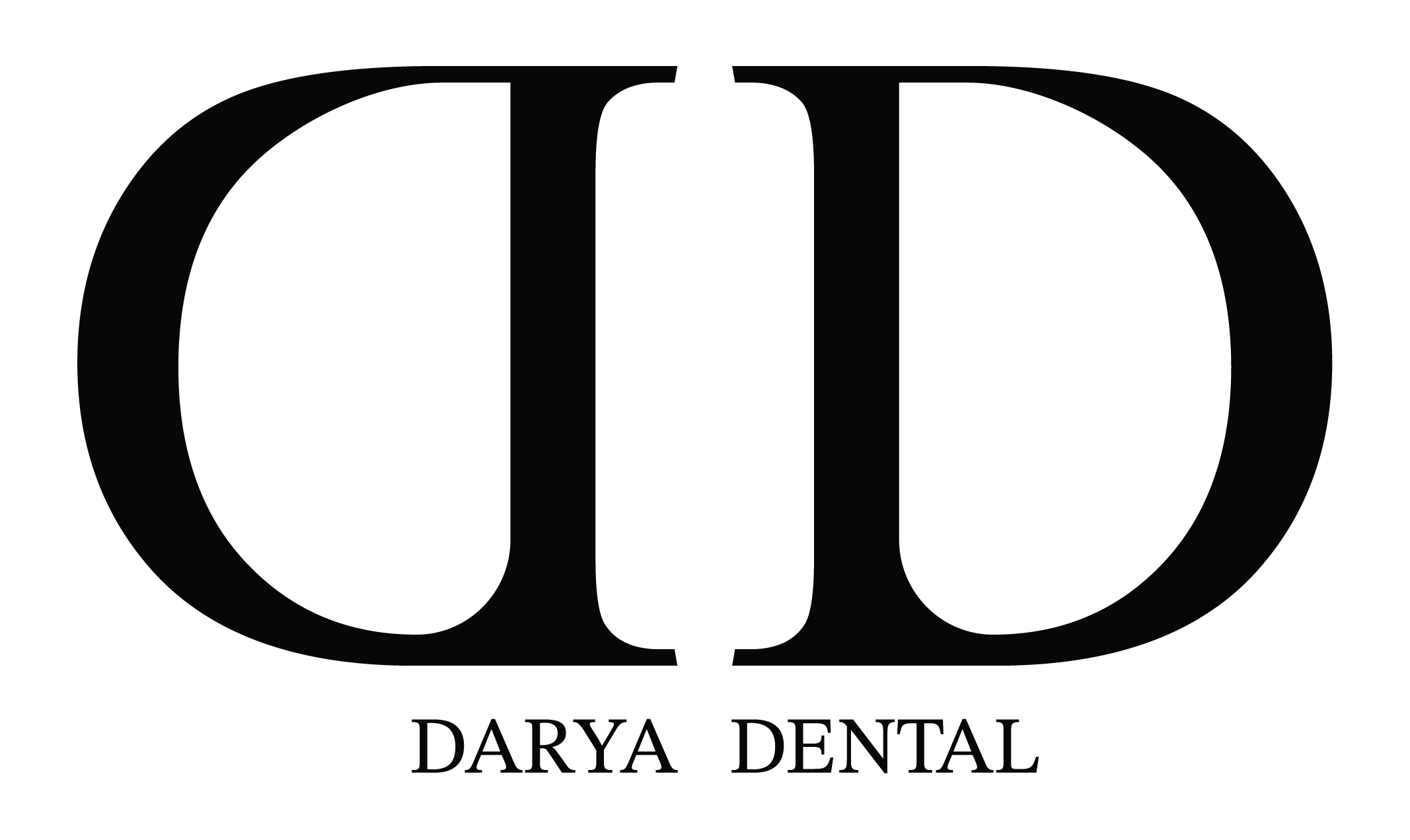Dental Cleaning
Teeth Cleaning Benefits
Teeth cleaning, also known as dental prophylaxis, offers several benefits for oral health:
- Removal of plaque and tartar: Plaque is a sticky film of bacteria that can form on teeth and cause tooth decay and gum disease if not removed. Tartar is hardened plaque that can only be removed by a dental professional. Teeth cleaning can remove plaque and tartar buildup from above and below the gum line, reducing the risk of tooth decay and gum disease.
- Prevention of cavities: Plaque and tartar buildup can lead to tooth decay and cavities. Regular cleaning can help prevent these issues by removing the buildup before it has a chance to cause damage.
- Improved oral hygiene: A professional cleaning can remove plaque and tartar that you may have missed while brushing and flossing at home, leaving your mouth feeling fresh and clean.
- Early detection of oral health issues: During a cleaning, your dental professional will also check for signs of oral health issues such as tooth decay, gum disease, and oral cancer. Early detection of these issues can lead to prompt treatment and better outcomes.
- Brightening of teeth: Teeth cleaning can also remove surface stains caused by things like tobacco, coffee, tea, and red wine, which can make your teeth appear brighter.
- Preventing bad breath: Bacteria buildup in the mouth can cause bad breath, regular cleaning can help to remove these bacteria and freshen your breath.
Overall, regular teeth cleaning is an important part of maintaining good oral health and preventing tooth decay and gum disease.
What to Expect During a Dental Cleaning Appointment
Understanding what happens during a dental cleaning can help ease anxiety and encourage regular visits. When you arrive for your appointment, your dental hygienist will first review your dental history and may ask about any recent concerns or changes. The cleaning typically starts with a physical exam of your entire mouth using a small mirror to check for signs of inflammation, gingivitis, or other oral health issues.
Next, the hygienist performs scaling using a manual scaler or ultrasonic device to remove plaque and tartar from around the gum line and between the teeth. Once your teeth are free of tartar, they will be polished with a gritty toothpaste-like material to remove surface stains and smooth the enamel, making it harder for plaque to accumulate again. This is followed by professional flossing to ensure no debris is left between your teeth.
Depending on your needs, a fluoride treatment may be applied to strengthen your teeth and protect against decay. In some cases, your dental professional may also recommend dental sealants or discuss additional treatments like deep cleaning if gum disease is present.
Maintaining Results at Home
Professional cleaning is just one part of oral health maintenance. Brushing twice a day with fluoride toothpaste, flossing daily, and avoiding sugary snacks can help prolong the benefits of your cleaning. Also, using an antimicrobial mouthwash can help control bacteria between dental visits.
How Often Should You Get a Cleaning?
For most people, visiting the dentist every six months is sufficient. However, individuals with gum disease, braces, or a high risk of cavities may need more frequent cleanings. Your dentist will recommend a schedule tailored to your needs.
By keeping up with regular dental cleanings and good home care, you can enjoy a healthier, fresher smile for years to come.
